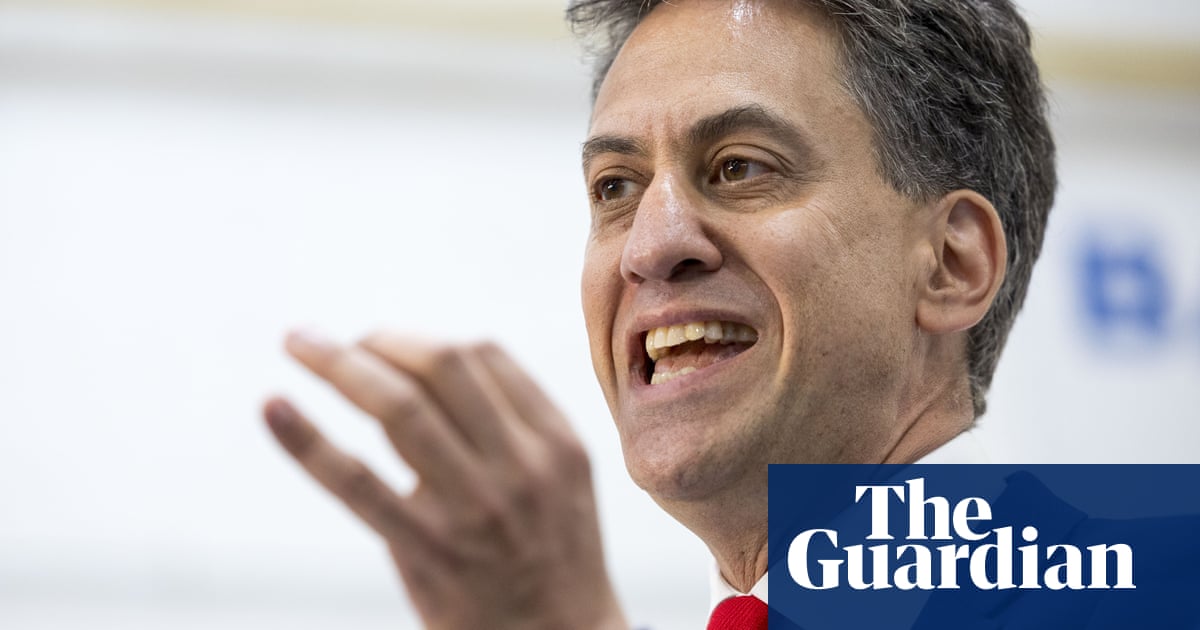
ROME (Reuters) - Italy plans to set aside at least 8 billion euros for tax cuts ($9.33 billion) in its 2022 budget and to spend another 1 billion to reduce household energy bills, two political sources said.
To help boost the country’s chronically weak economic growth, the government wants to reduce the so-called tax wedge, the difference between the salary an employer pays and what a worker takes home, which is particularly high in Italy.
This would be structured so that employees, rather than firms, reap most of the benefit, the sources said.
The Organisation for Economic Cooperation and Development (OECD) estimates that in 2020 the average single worker in Italy lost 46% of his gross salary in taxes and social contributions, the fifth-highest ratio out of a group of 37 advanced nations.
Mario Draghi’s government, which took office in February, is expected to unveil its first draft budget on Tuesday, outlining almost 23 billion euros of expansionary measures.
These are aimed at boosting growth next year to 4.7% from 4.2% under an unchanged policy scenario, the Treasury said last month.
The budget is likely to earmark 1 billion euros to temper increases in gas and electricity prices for consumers in the face of surging global energy costs, one of the sources said.
This comes on top of more than 4 billion euros already budgeted to keep energy bills down in the second half of this year.
Pensions will also be a key item in the budget, with Draghi’s fractious ruling coalition divided on how to replace an expensive early retirement scheme due to expire this year.
So called “quota 100” allows people to retire if they have made 38 years of contributions and are at least 62 years old.
The rightist League party is demanding that Draghi does not reinstate the previous unpopular system whereby retirement was generally allowed from the age of 67, a regime put in place in 2011 at the height of the sovereign debts crisis.
Among options being considered are early retirement for workers in tough jobs, and a 2-year temporary regime of “quota 102” offering a pension to those aged 64 if they have paid in 38 years of contributions.
($1 = 0.8596 euros)
Reporting by Giuseppe Fonte; editing by Gavin Jones
Our Standards: The Thomson Reuters Trust Principles.












